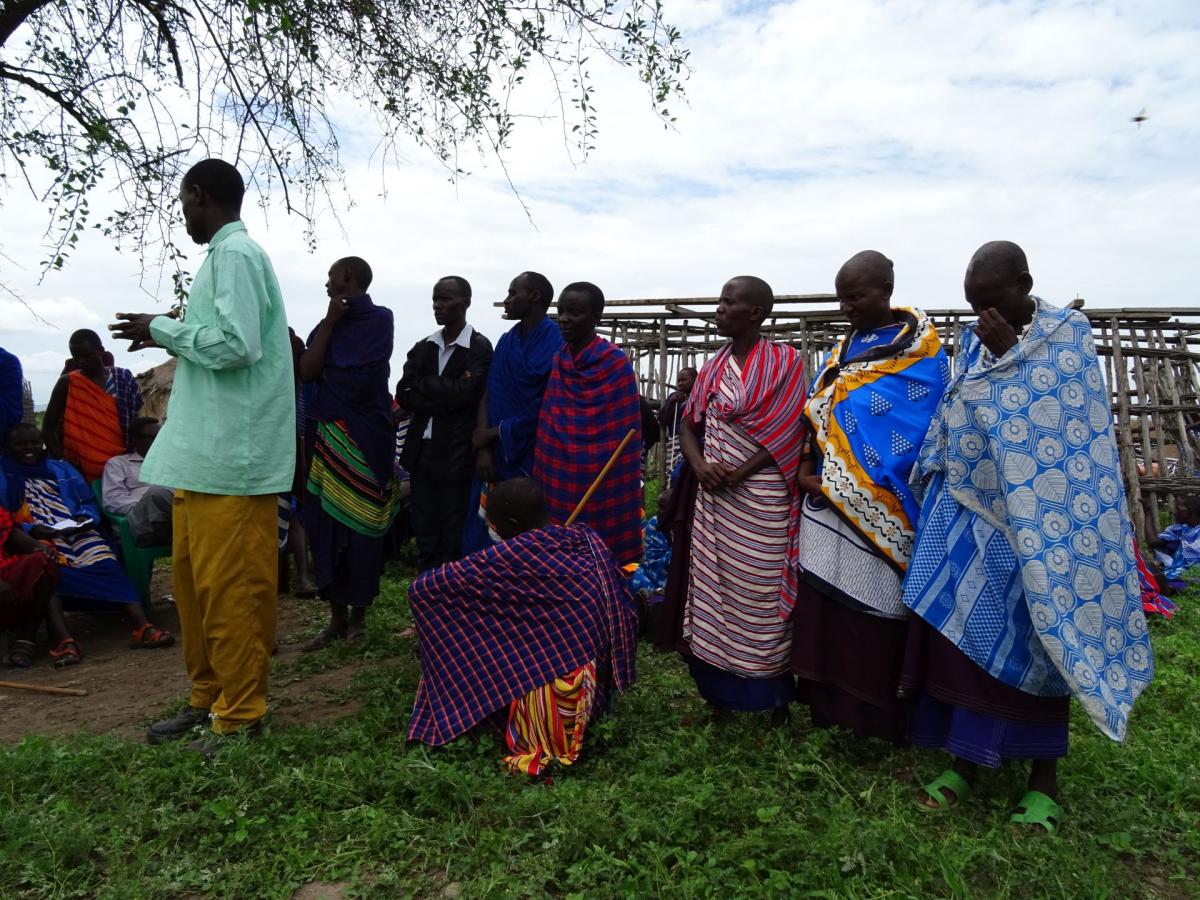Maisha Bora food security programme in Tanzania - presentation
The Belgian Fund for Food
Security (BFFS) finances integrated programmes to structurally improve food
security.
Maisha bora (meaning 'Good life' in Swahili) is a five-year programme
(2015-2019) aimed at improving food security in Longido and Simanjiro districts in
the north of Tanzania. Fifteen of the most food-insecure villages in these two
districts, with a population of mainly
pastoralists and agro-pastoralists, have been selected for the programme.
In
Tanzania, the institutional partners of the programme are the Prime Minister’s
Office, the Ministry of Livestock and Fisheries Development, the Regions of
Arusha and Manyara, and the Districts of Longido and Simanjiro.
The programme's specific objective is to reach higher and more secured income used for nutrition,
and improved local availability of food for 9,000 households in 15 villages in
Simanjiro and Longido districts, and in particular for 40% of impoverished
households, women and youth.
The Belgian Fund for Food
Security has selected five partner organizations: Vétérinaires
Sans Frontières Belgium, Iles De Paix, TRIAS, World Food Programme and the
Belgian Development Agency (BTC). Each partner has responsibility for the
implementation of a specific component or (sub)-result of the programme,
together with local partners: Heifer, UCRT, OIKOS, LCDO, PWC, MWEDO,
MVIWATA-Arusha, TCCIA Arusha, TCCIA Manyara, and Childreach Tanzania.
- Result 1: Households have livestock resources secured and can benefit more from different livestock products (VSF-B), with a major sub-result being sustainable access to adequate water for livestock is improved (IDP)
- Result 2: Women, youth and households income are more diversified, secured and this is used to increase the quantity and quality of food intake (TRIAS)
- Result 3:More households, and in particular more pregnant and lactating women and children under 5, consume more diversified foods, use cleaner water, prevent and treat diarrhoea effectively and are aware of HIV prevention (WFP)
- Result 4: Effective
coordination of the programme assures external and internal coherence,
induced cooperation and increases implementation efficiency (BTC)
Latest news from this project
No news

